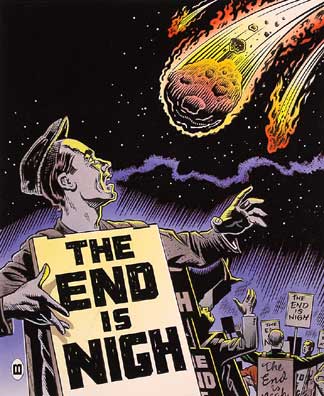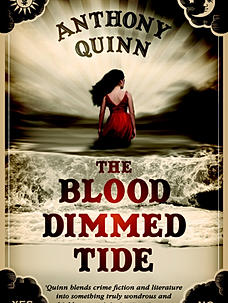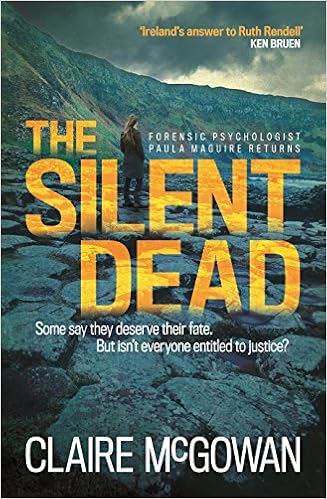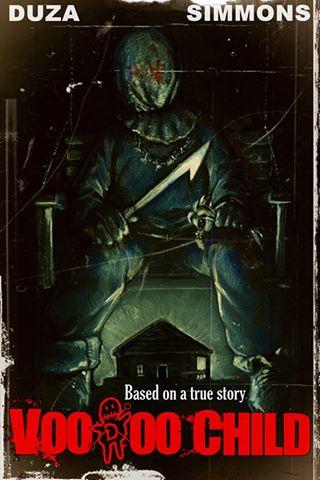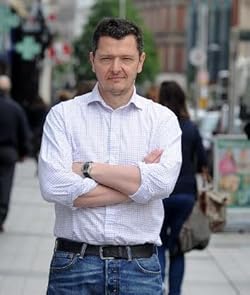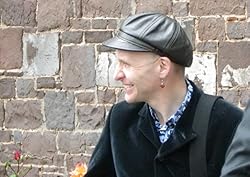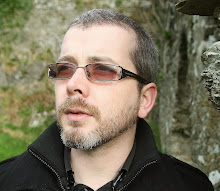I'll do my best not to ramble, and keep this to a tight 700-word post.
As is my habit, I’ve been thinking about what comes next as opposed to what has happened. My main concern is that the current situation I find myself in is going to come to an end. Jeepers creepers. The end is nigh!
That sounds dramatic, right? Indulge me. I’m a writer.
Right now, I’m a PhD student at Queen’s University Belfast. The highlights: I got through my differentiation in June 2014. I taught on the Introduction to Creative Writing Module as a University Tutor, September-December, 2014 and 2015. I’ve completed a novel for the creative component of the thesis (insofar as a novel can be complete before it’s published), and I’m working on the critical component. I’ve attended many interesting courses and conferences. I’ve also taken part in a number of conferences and festival events.
I’m many other things besides a PhD student, but I’m trying to keep this focussed.
If it were possible, I’d be a PhD student for the rest of my days. I love this life. It suits me and my family in that (apart from the teaching aspect), my timetable can be moved about to suit childcare needs, etc. It stimulates me intellectually and allows me time to look after my health, mentally and physically. Before the PhD, I completed an MA in creative writing at QUB while working a full-time job and doing my best to be a husband and father in the time left over (thank you for your patience, Mrs B). I feel that the privilege of working to earn a PhD was the reward.
And as 2016 looms, all I can think about is the fact that my target date to complete this massive project is September 2016.
That’s still nine months away. I know.
But I’m the father of three children. I also know how quickly nine months can pass while you worry about the future.
And yes, I have to think about the future, but I also have to think about the now. If I take my eye off either vague concept of time, I could forget to enjoy the privilege I’ve earned. And so, I have had little time to think about what I’ve actually achieved as a writer and a student. Those achievements – stripped of their attachments of pride and relief – can be viewed in the previous blog post here.
As I read back over this piece, I’m slightly concerned that this will come off as braggadocious. But rather than go back and downplay the achievements, I’ll learn from a criticism that’s levelled at me from time-to-time.
I lack confidence.
Because there’s a fine line between self-deprecation and self-hate, I suppose. When I make fun of myself, people sometimes laugh. When I play the part of arrogant wee shite, people sometimes laugh. When I mock others, people sometimes laugh. I like to make people laugh. It sets them at ease. Gives them a wee oxygen boost to the brain. And when you do it often enough, people smile when they see you. I like that.
My humour tends towards making fun of myself, because I’m an easy target and I know I can take it. I’m not proud to admit that I’ve hurt more sensitive people in the past with my attempts at making others laugh. Taking the piss out of myself is safe.
I also thought that the ability to make people laugh is directly proportional to how confident you are. But I guess other people don’t see it like that.
Let me be clear… I’m pretty fucking confident, people. And I like that about me.
What I don’t like is laziness, especially when I sense it getting in the way of my own ambitions.
So if I act like I’m not all that impressed with myself, it’s because I’m not. I’ve finally figured out that I can do a lot more than what I’ve done. And I refuse to rest on my laurels. Next year, I need to stop worrying about what’s ending and think about the new beginnings that I’ve yet to experience.
Right now my kids are on Christmas holidays. They’ve been to their granny’s and they’re just home and getting loud. I’ve gone a little over 700 words. Rather than edit and lose some of this honesty (typos be damned), I’ll just finish here and go join my family.
Merry Christmas, Happy Holidays or Enjoy Whatever You Subscribe To.
Come at me, 2016.
